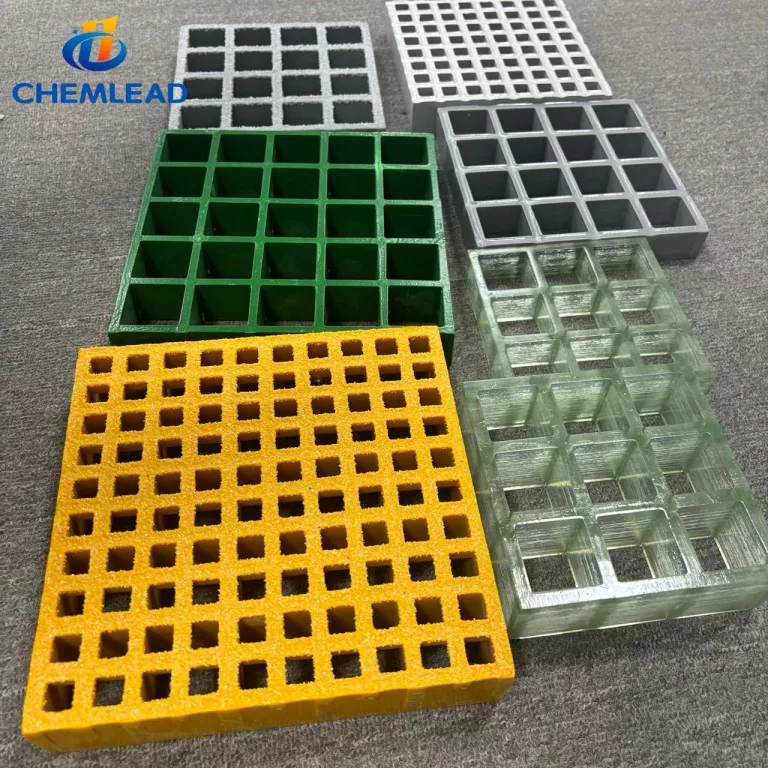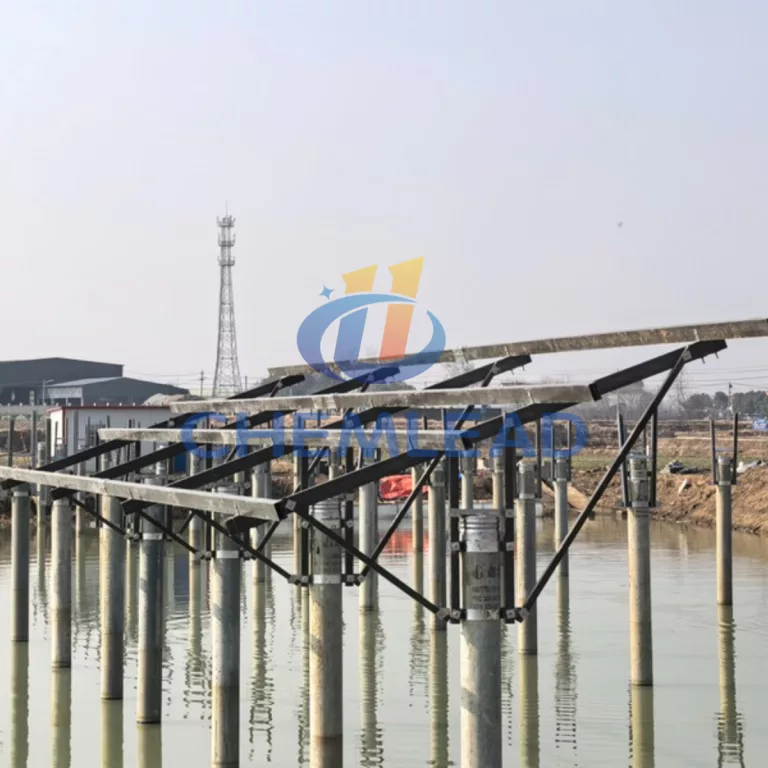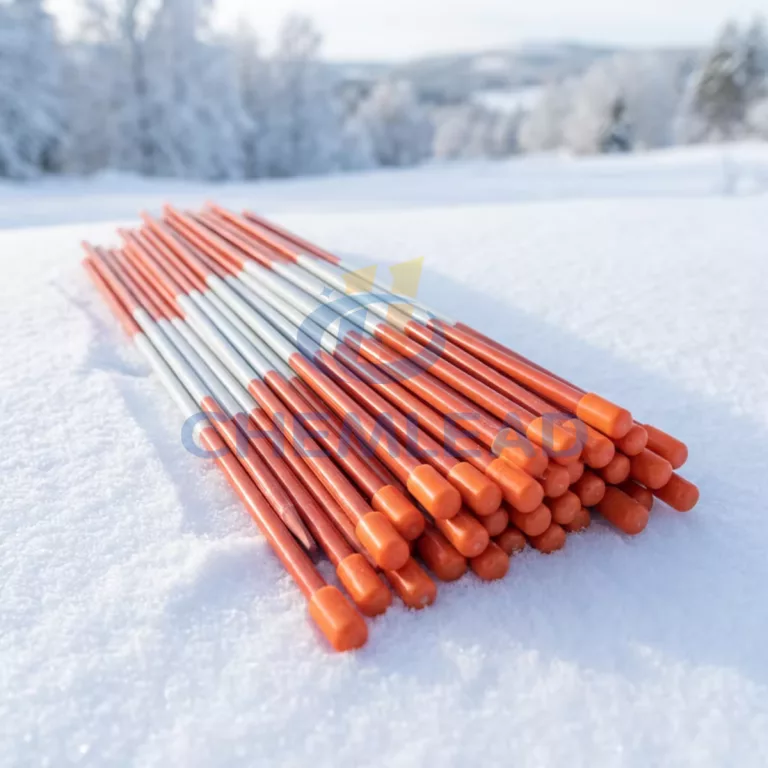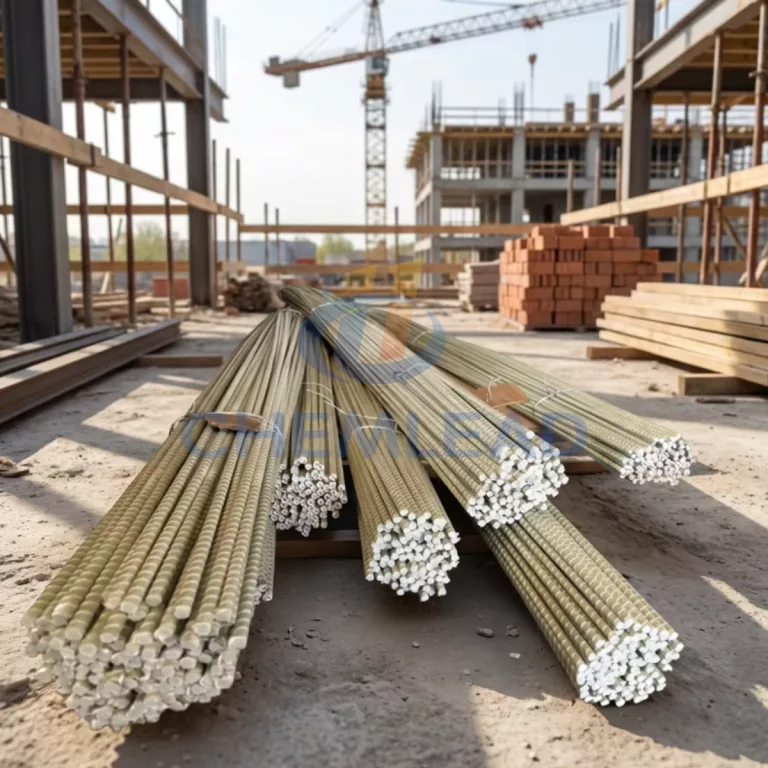+8613776545860

In industrial, marine, and construction projects, choosing the right material can make the difference between long-lasting performance and costly maintenance. Fiberglass grating, also known as FRP (Fiberglass Reinforced Plastic) grating, is becoming the go-to solution for companies that need a lightweight, corrosion-resistant, and durable flooring or structural material.
If your business deals with chemical plants, wastewater treatment, offshore platforms, or walkways, fiberglass grating can deliver unmatched reliability compared to traditional steel.
What is Fiberglass Grating?
Fiberglass grating is a composite material made from high-strength glass fibers combined with resin. This combination produces panels that are strong, lightweight, and resistant to corrosion, chemicals, moisture, and UV exposure.
Fiberglass gratings are typically available in:
• Molded Grating – Manufactured in one-piece panels for high strength and corrosion resistance.
• Pultruded Grating – Made with continuous glass fiber reinforcement for higher load capacity.
Both types are used across multiple industries depending on load requirements and environmental conditions.
Key Benefits of Fiberglass Grating
✅ Corrosion Resistance – Withstands exposure to chemicals, saltwater, and harsh weather.
✅ Lightweight & Strong – Easier to handle and install compared to steel grating.
✅ Slip-Resistant Surface – Provides enhanced safety in wet or oily environments.
✅ Low Maintenance – No rust, repainting, or frequent replacements required.
✅ Non-Conductive – Ideal for electrical and high-voltage environments.
✅ Cost-Effective Long Term – Lower installation and maintenance costs reduce overall project expenses.
Common Applications of Fiberglass Grating
Fiberglass gratings are used in industries where durability and safety are essential:
• Industrial & Manufacturing – Walkways, platforms, trenches, and machine flooring.
• Chemical Processing Plants – Resistant to acids, alkalis, and other harsh chemicals.
• Marine & Offshore – Boat docks, piers, and oil rigs exposed to saltwater environments.
• Wastewater & Water Treatment Plants – Non-corrosive material for wet, humid areas.
• Transportation & Infrastructure – Bridge decking, stair treads, and ventilation covers.
• Electrical Facilities – Non-conductive walkways and working platforms.





 Get Free Quote Now! Don’t Hesitate!
Get Free Quote Now! Don’t Hesitate!